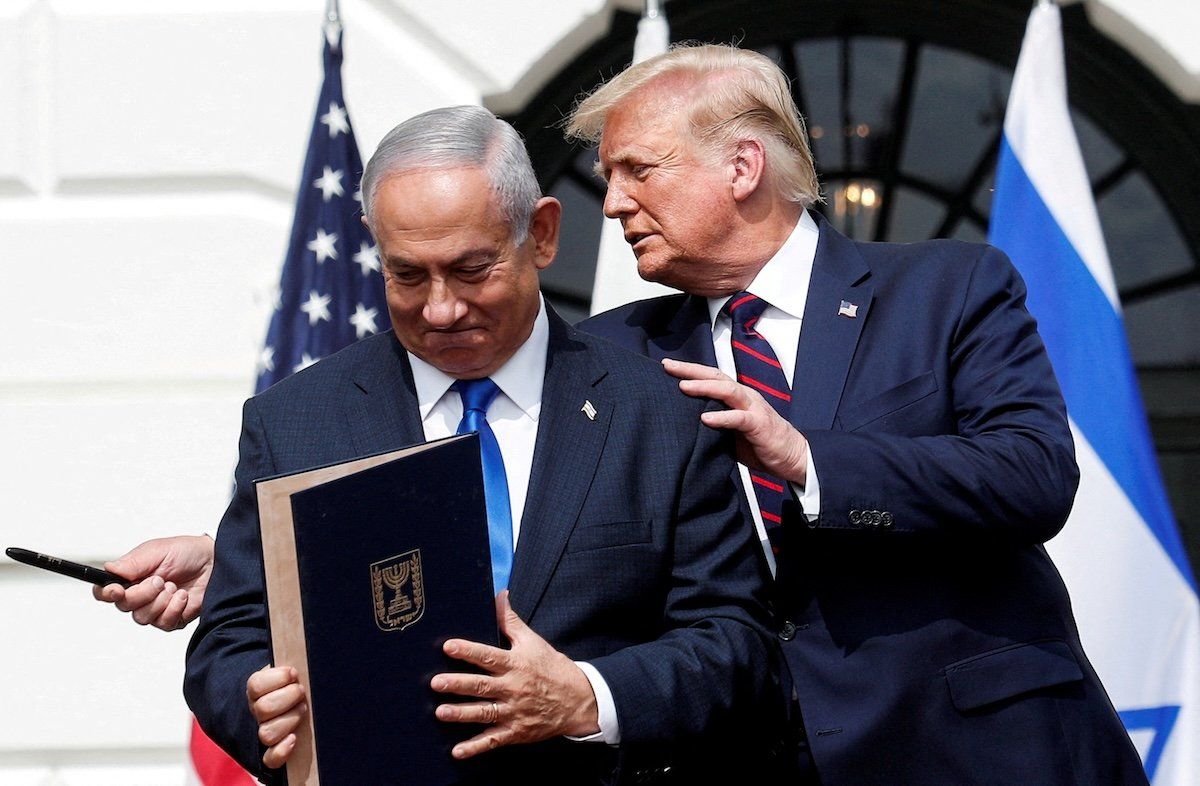Israeli Prime Minister Benjamin Netanyahu will meet Donald Trump on Tuesday as part of a weeklong visit to the US that includes talks with lawmakers and military officials, making him the first foreign leader to meet with the US president in person since the start of his second term.
What’s on the agenda?
Gaza: Phase one of the Israel-Hamas ceasefire and prisoner exchange has largely held, but a second phase – envisioning further exchanges and mapping out Gaza’s post war governance – is in limbo. Netanyahu has signalled he wants to return to fighting soon as Hamas regroups in the devastated Gaza strip, but Trump has pledged to broker an end to the war.
Saudi Arabia: Trump has long sought normalization between Saudi Arabia and Israel, a major regional reconfiguration, especially now that Saudi Arabia’s main regional rival, Iran, is hurting. But the Saudis have conditioned any deal on progress towards creating a Palestinian state, something Netanyahu opposes.
Iran: Israel’s pummeling of Hezbollah in Lebanon, and the collapse of the allied Assad regime in Syria, have diminished Iran’s strategic reach, raising concerns that Tehran might accelerate its nuclear program. If so, would the US support an Israeli military strike on Iran’s nuclear facilities?
Lebanon and Syria: The futures of post-Assad Syria, and a Lebanon where Hezbollah is now weakened, are crucial security issues for Israel as well. The initial stage of a US-brokered ceasefire between Israel and Hezbollah in Lebanon will expire in two weeks.
